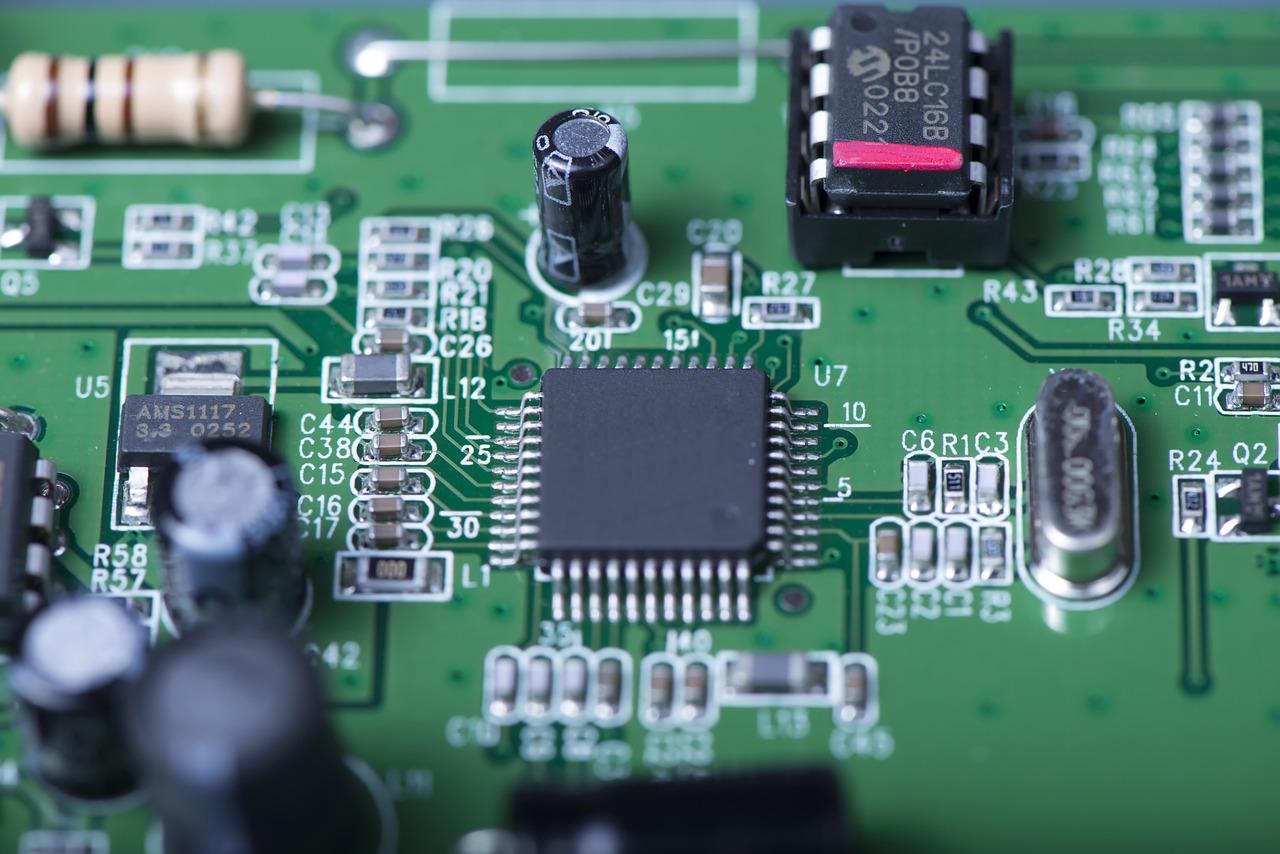Today’s manufacturing landscape demands unprecedented operational precision, with buying industrial electronics equipment for your business becoming more critical than ever. According to McKinsey’s 2025 Industrial Automation Report, the global industrial automation market is projected to reach $395 billion by 2025, representing a 9.8% annual growth driven by efficiency demands and labor shortages. As facility managers grapple with equipment procurement decisions that directly impact their production lines, the stakes have never been higher.
Where to find reliable industrial electronics suppliers with comprehensive service capabilities?
Finding the right partner for buying industrial electronics equipment for your business requires understanding different supplier categories and their specialized strengths. According to recent industry data from Frost & Sullivan (2025), the global industrial automation market is expected to reach $412 billion by 2027, creating increased demand for reliable equipment sourcing and maintenance partnerships. Companies like 2Tech demonstrate how specialized industrial equipment suppliers and service providers can transform operational reliability through comprehensive support ecosystems that extend far beyond initial equipment sales.
Additional reading : Trusted windows and doors services in south london
Here’s a comprehensive comparison of supplier types to guide your selection:
- Specialized repair centers – Companies like established service providers offer dual expertise in equipment sales and diagnostics. These facilities typically maintain certified technicians for industrial electronics diagnostics and sales, providing immediate technical assessment alongside procurement options.
- Manufacturer distributors – Authorized dealers offer genuine components with warranty coverage but may have limited repair capabilities. They excel at bulk orders and new equipment installations.
- Online marketplaces – Digital platforms provide extensive inventory access and competitive pricing, though technical support teams may be limited. Best suited for standard components with clear specifications.
- Local technical partners – Regional suppliers combine proximity advantages with hands-on service. They often maintain relationships with multiple manufacturers while offering personalized support for facility-specific requirements.
The most effective approach involves evaluating each supplier’s combination of inventory depth, technical expertise, and response times to match your operational priorities.
Have you seen this : Revolutionizing property marketing: the ultimate handbook for uk estate agents to harness the power of virtual reality
What essential features should you prioritize when sourcing quality industrial electronic systems?
When sourcing quality industrial electronic systems and parts, durability standards represent the foundation of any sound procurement decision. Industrial environments demand components that can withstand temperature fluctuations, vibration stress, and electromagnetic interference without compromising operational integrity. Variable speed drives, for instance, require IP ratings that match your facility’s specific conditions, while electronic boards need conformal coating protection against moisture and contaminants that could cause premature failure.
Compatibility requirements extend beyond simple plug-and-play considerations, encompassing communication protocols, voltage specifications, and mounting configurations that align with existing infrastructure. Modern industrial facilities operate complex interconnected systems where a single incompatible component can cascade into costly downtime. Technical specifications should clearly outline operating temperature ranges, input/output configurations, and processing capabilities that support both current operations and future expansion needs.
Warranty coverage reflects manufacturer confidence in product reliability, but the real value lies in understanding what circumstances void protection and how quickly replacement parts become available. Professional industrial electronics procurement solutions should include comprehensive documentation, installation guidance, and access to technical support teams who understand the urgency of industrial maintenance schedules and can provide rapid diagnostic assistance when issues arise.
How do repair services complement your electronic equipment procurement strategy?
The most effective approach to buying industrial electronics equipment for your business extends far beyond the initial purchase transaction. Forward-thinking facility managers understand that procurement decisions must integrate seamlessly with long-term maintenance strategies to maximize operational efficiency and minimize costly downtime.
When repair services align with your procurement strategy, the synergy creates a robust framework for sustained industrial operations. Preventive maintenance programs become more effective when your equipment supplier maintains detailed knowledge of your specific systems and their operational history. This intimate understanding enables technicians to anticipate potential failures before they occur, scheduling maintenance during planned downtime rather than responding to emergency breakdowns.
Rapid response times represent another critical advantage of integrated procurement and repair services. Companies like 2Tech demonstrate how professional sales of industrial electronic components combined with comprehensive repair capabilities create exceptional value for industrial clients. Their technicians already understand the equipment specifications, installation parameters, and operational requirements, enabling faster diagnosis and more precise repairs when issues arise.
Spare parts availability becomes significantly more predictable when your supplier maintains both sales and service operations. Rather than searching multiple vendors during equipment failures, you benefit from streamlined inventory management and guaranteed component compatibility, ensuring your industrial systems return to full operational status with minimal delay.
Which industries benefit most from professional industrial electronics procurement solutions?
Manufacturing operations across automotive, pharmaceutical, and food processing sectors rely heavily on professional sales of industrial electronic components to maintain their competitive edge. These industries face unique challenges with specialized equipment requirements, where standard consumer electronics simply cannot withstand the demanding environments of production floors, clean rooms, and processing facilities.
The automotive manufacturing sector presents particularly complex needs for industrial displays that must interface seamlessly with robotic assembly systems and quality control stations. These facilities require inverter systems capable of precise motor control for conveyor systems and automated manufacturing cells, where even minor component failures can halt entire production lines and cost thousands of dollars per hour in downtime.
Process control industries, including chemical processing and energy production, depend on control panels that meet stringent safety and regulatory compliance standards. These sectors benefit significantly from sourcing quality industrial electronic systems and parts through established suppliers who understand the critical nature of ATEX certifications, FDA compliance requirements, and industry-specific environmental standards that govern their operations.
Facility management across commercial and industrial complexes increasingly integrates sophisticated building automation systems that monitor everything from HVAC performance to security protocols. These applications demand reliable electronic components that can operate continuously in varying environmental conditions while providing real-time data for optimized energy management and operational efficiency.
What cost-effective strategies maximize your industrial electronics investment?
Effective budget planning transforms how organizations approach buying industrial electronics equipment for your business, moving beyond simple purchase price comparisons to comprehensive financial analysis. Smart facility managers recognize that initial equipment costs represent only a fraction of the total investment, making strategic financial planning essential for long-term operational success.
Bulk purchasing strategies deliver significant cost advantages when properly executed, particularly for standardized components like electronic boards, inverters, and display systems. Companies that consolidate their procurement needs often secure volume discounts ranging from 15-25% while establishing preferred vendor relationships that provide priority support and extended warranty terms. This approach works exceptionally well for organizations managing multiple facilities or planning systematic equipment upgrades across production lines.
The lease versus purchase decision requires careful analysis of cash flow patterns, tax implications, and equipment lifecycle expectations. Leasing arrangements often provide access to newer technology with predictable monthly expenses, while outright purchases offer long-term cost benefits for equipment with extended operational lifespans. Professional sales of industrial electronic components often include flexible financing options that bridge these approaches, allowing companies to optimize their capital allocation strategies.
Total cost of ownership calculations must incorporate energy efficiency metrics, maintenance requirements, and future upgrade compatibility. Modern industrial electronic systems with superior energy efficiency ratings typically justify higher initial investments through reduced operational costs, while equipment designed for modular upgrades protects against premature obsolescence in rapidly evolving technological environments.











